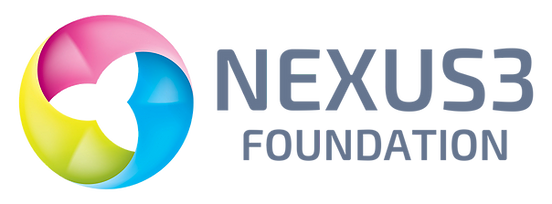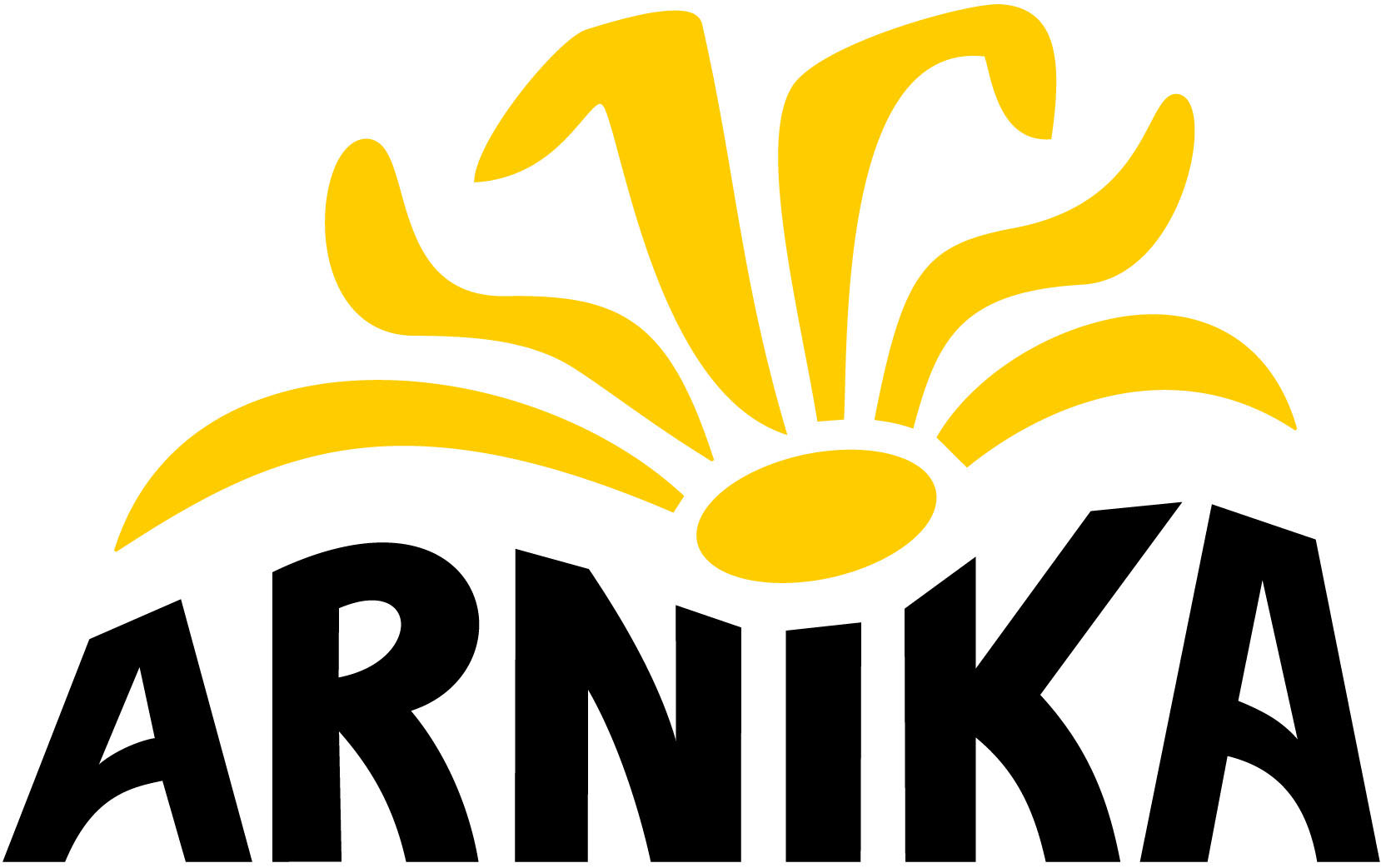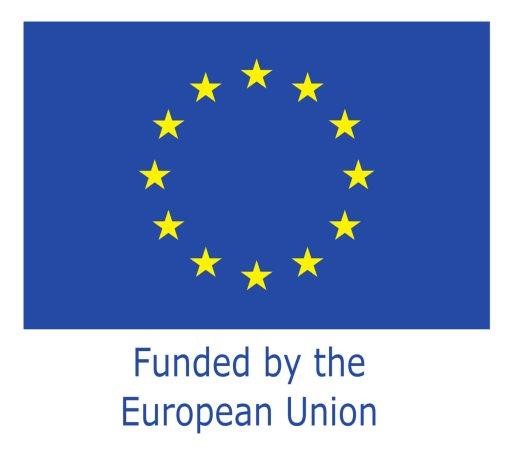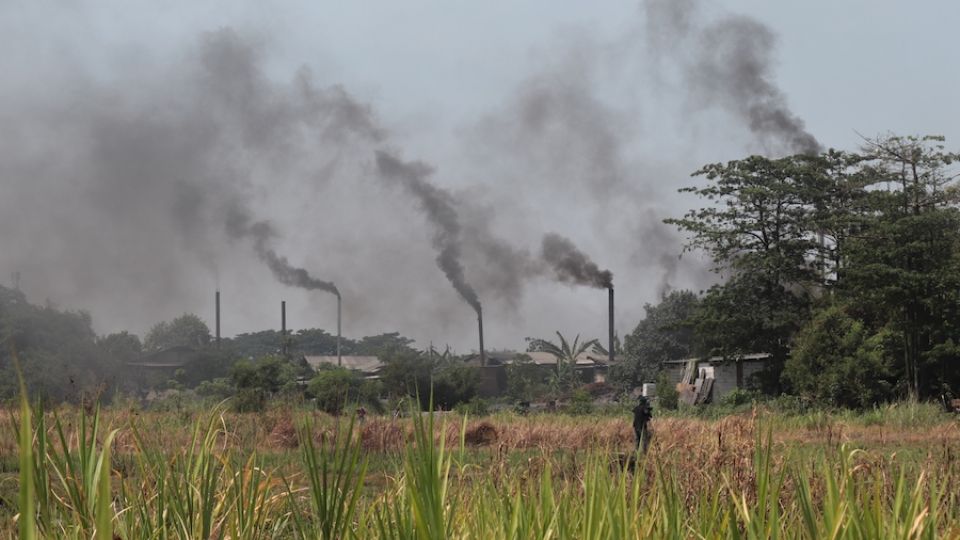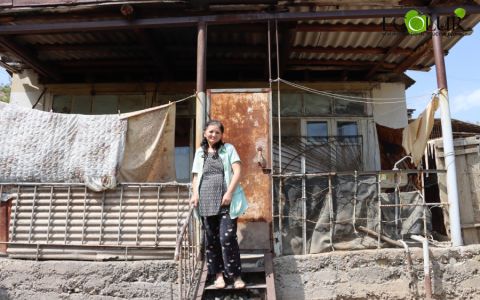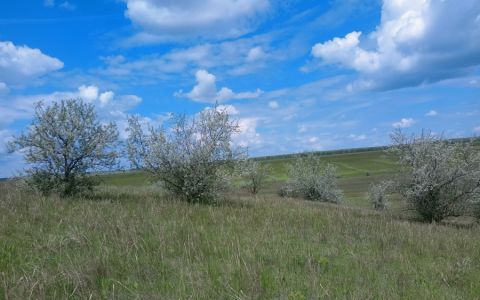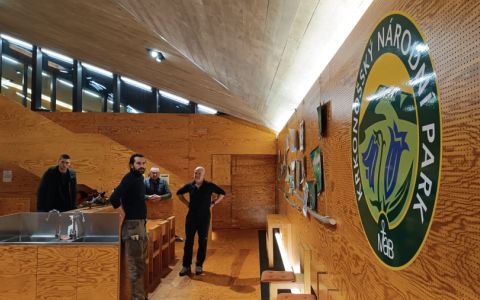Nexus3 Foundation and Arnika Association organized their first workshop on transparent environmental pollution and data in Indonesia, covering its urgency, benefits, the role of CSOs, and its current practices in Indonesia and other countries. Nexus3 Foundation invited several CSOs working on brown issues both at the grassroots and those who operate nationwide to have a workshop with experts and CSOs from The Czech Republic and Thailand titled, “Exchange Ideas Between EU - Indonesia: Transparent Pollution Control in Indonesia” with the main concept of Pollutants Release and Transfer Register (PRTR).
Similar to TRI (Toxic Release Inventory) in the USA, PRTR in Japan and European Union countries, and NPRI (National Pollutants Release Inventory in Canada), PRTR has two main elements, which are transparency in emission release and transfer reporting, despite different labels used in multiple countries. Each currently implementing country has its unique system and regulatory framework, aside from the industry obligation to report releases and emissions according to each of their national emission standards. PRTR has a positive impact on all stakeholders from the government sector as regulators, the industry sector as business operators, labor unions as workers' representatives, and the general public.
PRTR will assist the government in conducting public administration in managing both pollutions, as a side-impact of industrial activity, and economic growth in Indonesia, as explained by Miroslav Suta, a doctor, and an expert on environmental impact assessment from the Czech Republic. Besides the central government, the concept will also support local governments to evaluate pollutant emissions and releases within their region, as well as coordinate with other local governments within their administrative border. Despite the initial additional work from the industrial sector as a pollution source, this will stimulate initiatives from the industrial sector itself, for instance, in collective measures for pollution control such as waste treatment in industrial zones, as well as initiate innovation to increase efficiency in treating pollutant releases like new technology on air pollution control or wastewater discharge.
The role of CSOs in the establishment is already pushed in other Southeast Asian country, especially in Thailand. EARTH, represented by Penchom Saetang, has been pushing the Thai Government in preparing the regulatory framework for PRTR in her country. The effort started by conducting research on the surrounding pollution sources, working with academia and the government, gathering public support from other relevant stakeholders, and assisting the government in drafting regulations on PRTR.
One of the most important elements in the PRTR concept is upholding the public’s right to know, which is supposed to be owned by all the elements of the public for the knowledge of their surroundings. This includes surrounding living situations or releasing pollutants to the environment that added risks to disrupt their quality of life. In addition, the UN Human Right Council acknowledged a healthy environment for all as one of the basic human rights through Resolution 48/13. Yuyun Ismawati, Senior Advisor of the Nexus3 Foundation, also mentioned that there are existing databases and reporting systems operated by the Indonesian government. However, these infrastructures are not accessible by the public, when it is supposed to work as a check and balance mechanism.
Indonesia has sets of regulations, either nationwide or locally regulated, on both release and emission standards to the environment and environmental quality standards. However, as Dyah Paramita from the Center for Regulation, Policy, and Governance explained, the current environmental protection regulatory framework still has several gaps to fill:
- Limited regulated parameters for industries to report to the government
- Scattered environmental monitoring, reporting, and permitting data in the central and/or city-level government
- EIA reporting, either AMDAL (for bigger industries) or UKL-UPL (for smaller industries), has yet to obligate them to report quantities of hazardous chemicals used as materials and industrial processes
Environmental CSOs in Indonesia have also conducted research and networking as measures to complete gaps in publicly available environmental data surrounding pollution sources. ECOTON, for instance, has collected river water qualities from surface water bodies extensively within East Java Province, as well as other regions of the country through their network. Daru Setyorini also explained that ECOTON also works with academia, students, and other elements of the communities to push for better environmental quality, conduct citizen science, and assist litigation processes to protect the environment, especially in waters.
Fewer publicly available environmental data should not limit CSOs in working and monitoring environmental quality in Indonesia. Bondan Apriyanu explained Greenpeace Indonesia’s activity in monitoring ambient air quality in Indonesia with available government data and collecting them daily as it is published. Along with Koalisi Ibukota, the analyzed data supported the victory in a civil lawsuit against the President and several ministers, partially, on Jakarta’s air pollution.
These are the context brought by Nexus3 Foundation in planning and networking with otherCSOs, to push for the transparency and management of pollution and environment-related data to the general public. The role of CSOs should also complement the evidence and scientific-based discussions. Through this long process, we hope to stimulate the establishment of a framework and mechanism of the information system of pollutants released and emissions transparently to accelerate the achievement of Sustainable Development Goals.
Disclaimer: This article was created and maintained with the financial support of the European Union. Its contents are the sole responsibility of the Arnika Association and do not necessarily reflect the views of the European Union.
